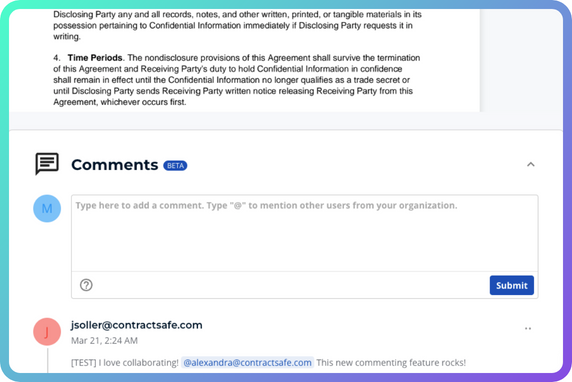What does termination date mean?
“Termination Date” can have multiple meanings in the business and legal worlds. For example, it can refer to the date that an employee’s job ended (often by firing). In contract drafting terminology, many attorneys define “termination date” to be the date that one of the parties ends (or terminates) a contract.
Many contracts have clauses that permit the parties to terminate a contract earlier than originally contemplated. Such clauses usually allow for termination of the contract if certain events occur, which are described in the contract. Examples might be a party’s failure to make progress payments pursuant to the contract, or a failure to deliver a product or service pursuant to an agreed-upon schedule. Generally, to effectuate early termination, the parties agree that notice must be provided in a certain form and at a certain time. The specifics are agreed upon in advance and contained in the contract.
But what if a contract runs its course, and just ends? Is that a “termination date” or an “expiration date?” Contract drafters sometimes use these terms interchangeably. Some drafters prefer to use “expiration” to refer to a natural ending of the contract and “termination” to refer to a premature ending of the contract.
Some lawyers believe that expiration is simply a form of termination, and subsumed by it. On the other hand, some attorneys believe that the two terms are completely different. It is important to recognize that the way in which these terms are used has resulted in litigation. Therefore, contracts should be drafted carefully to avoid ambiguity (and litigation).
Get Started with ContractSafe Today





